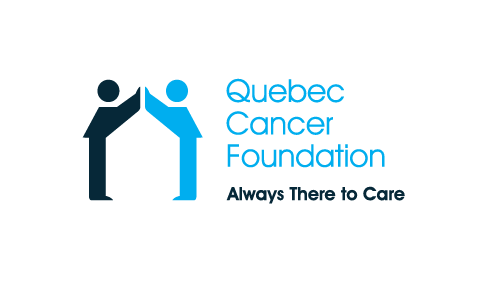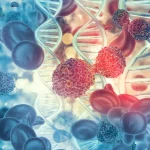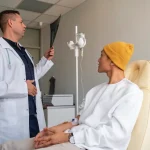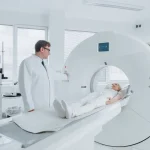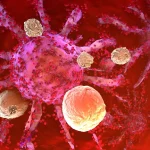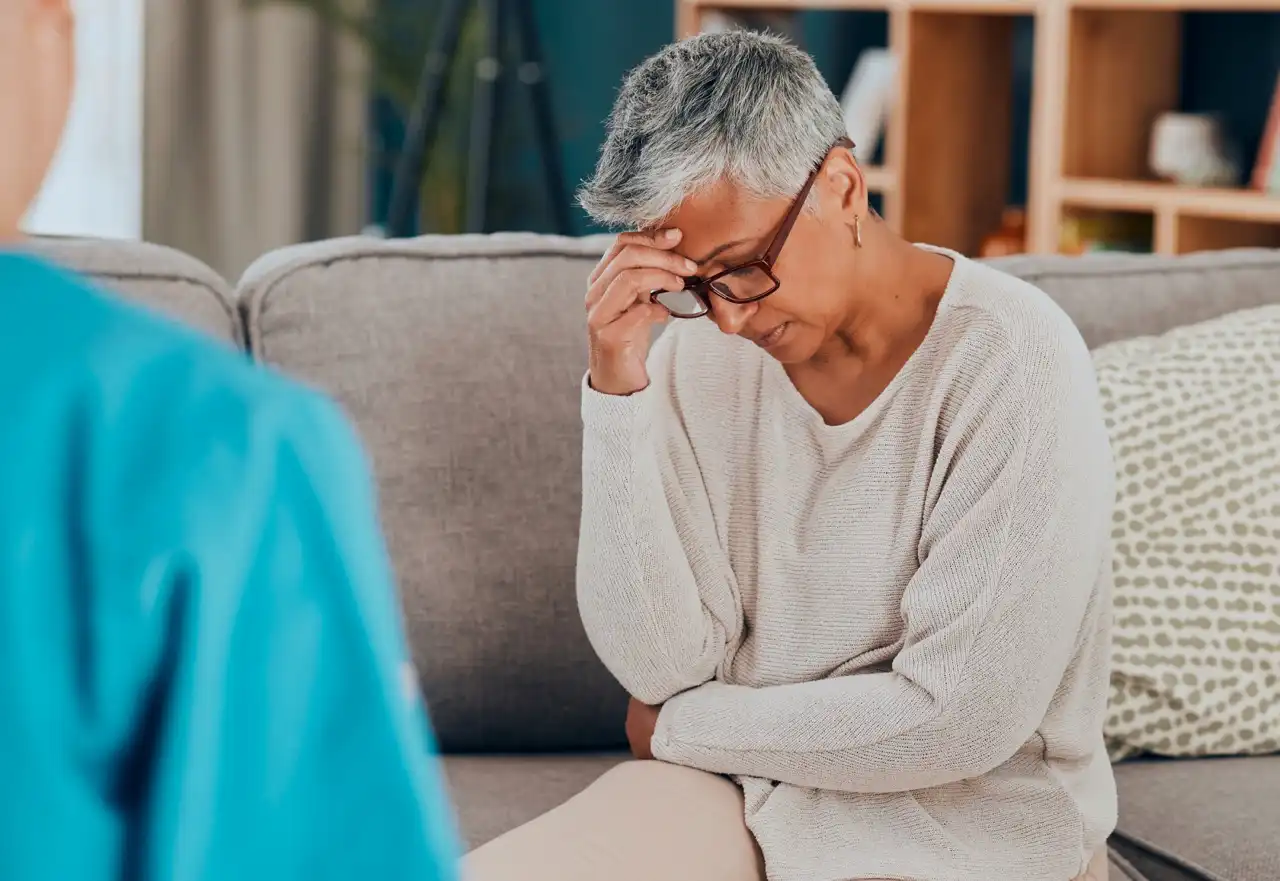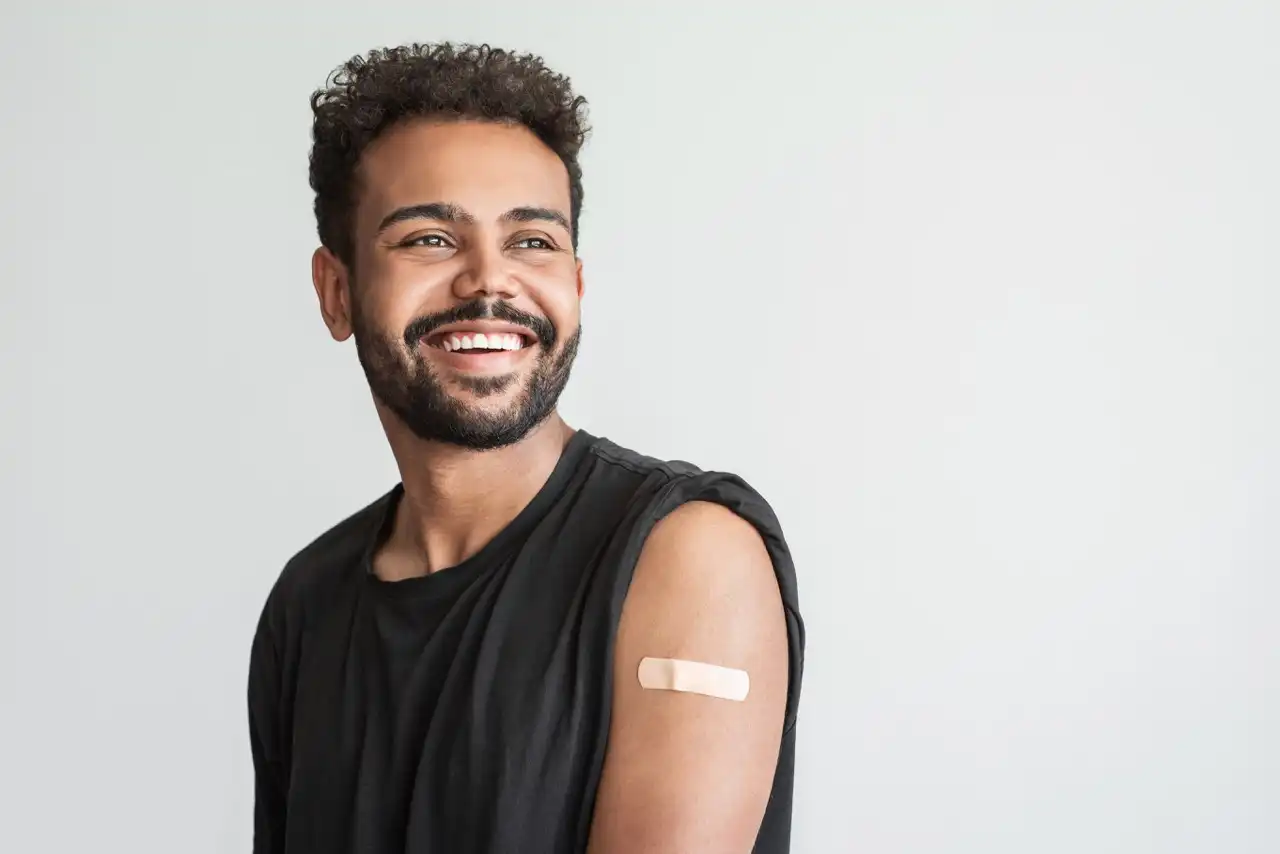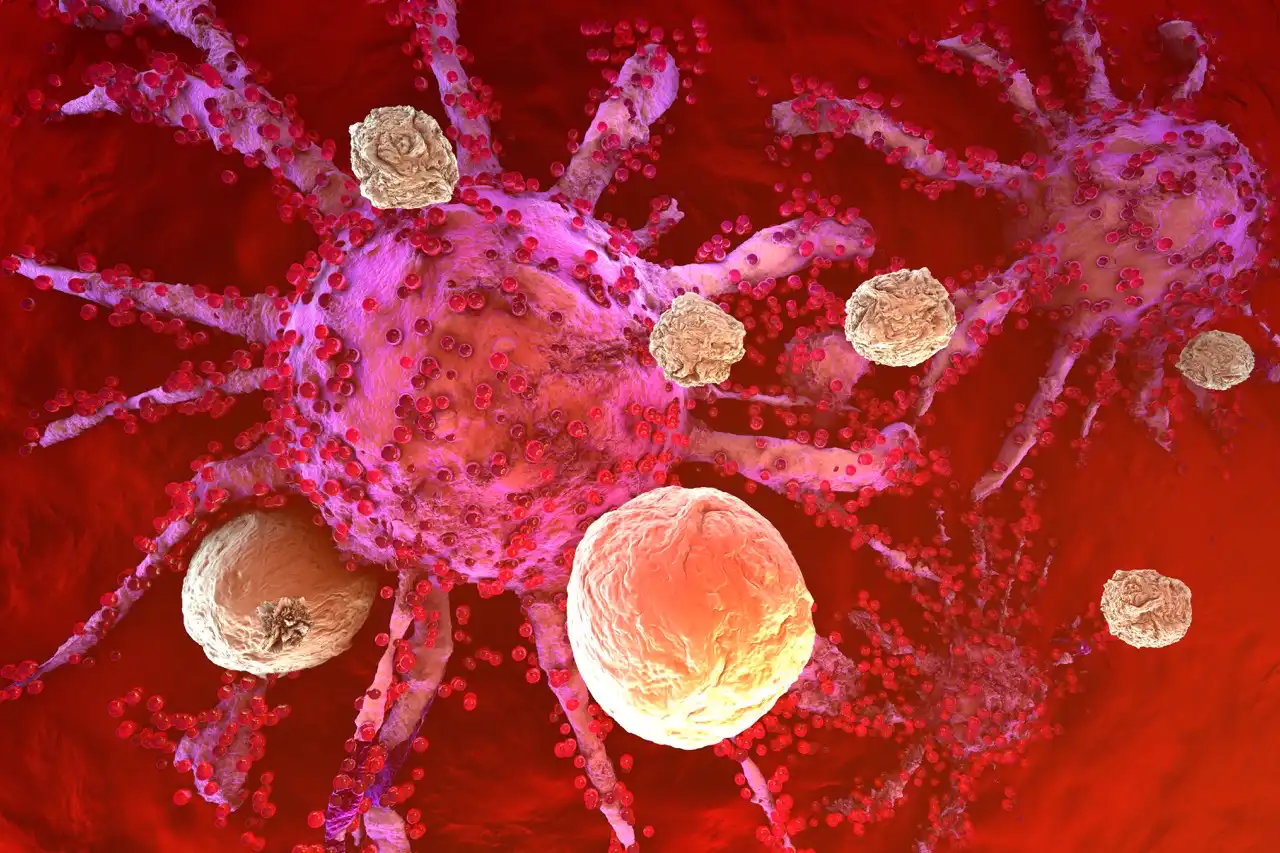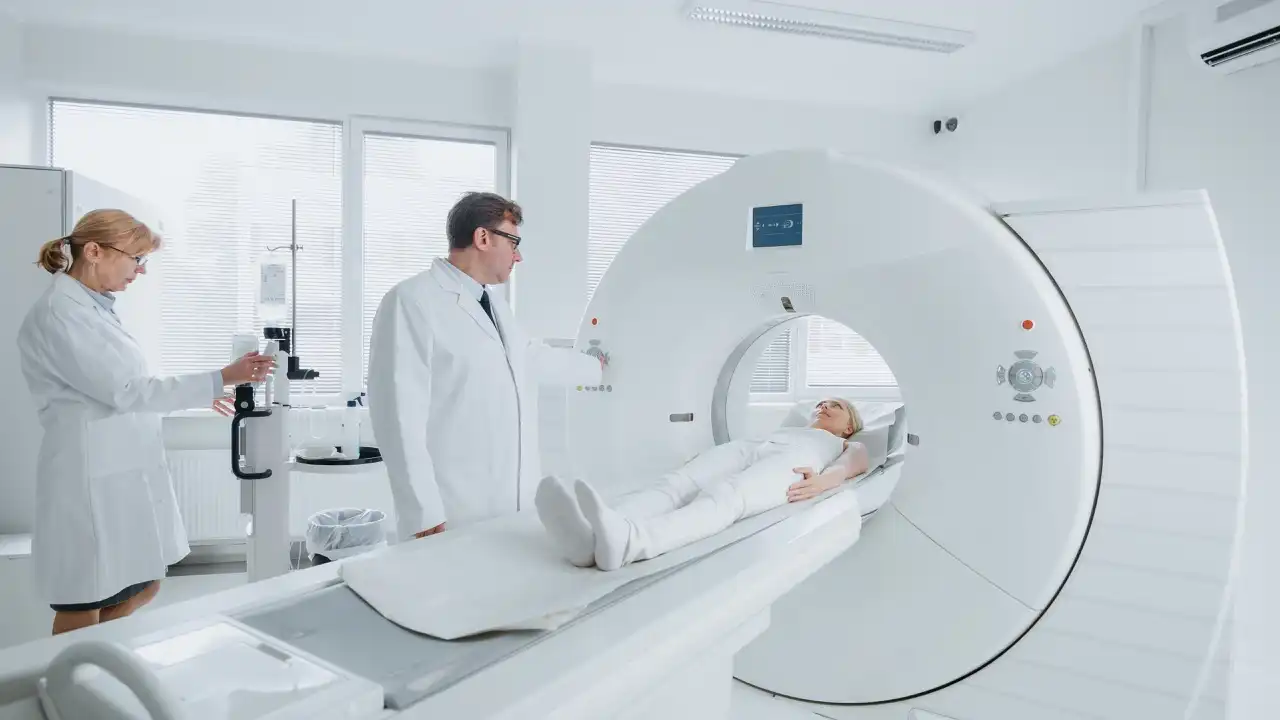For any questions:
What is hormone therapy?
Hormones are chemical substances that act on the development of our cells. They are produced by glands or organs in response to the body’s physiological needs. For example, the ovaries produce the hormone called estrogen, the testes secrete testosterone and the pancreas produces insulin. By altering the levels of certain hormones, we can influence the development of healthy or cancerous cells. Depending on the type of cancer, the aim of the therapy is to:
- Reduce the quantity of hormones or prevent them from playing their role (what is known as anti hormonal treatment);
- Replace hormones that are missing as the result of an organ malfunctioning or one that has been surgically removed (what is known as hormone replacement therapy).
The hormones produced by the body are referred to as natural hormones. Hormones or other drugs used in hormone therapy treatment are often produced in a laboratory: these are called synthetic hormones.
How hormone therapy works?

There are various options for modifying the level of hormones:
- Removing the gland or organ that secretes the hormone;
- Treating the gland or organ with radiation therapy to destroy the cells that secrete the hormones;
- Administering hormones or drugs that act on hormonal activity by stopping or replacing it (hormonal or anti-hormonal drugs).
If hormone therapy is proposed, the oncologist will take into account the patient’s general state of health and, with the support of the care team, will specify the treatment to be given.
It is important to remember that every individual and every cancer is different. The type of medication, the dose prescribed, its combination with another drug and the duration of treatment must be adapted to each situation.
Hormone therapy is often combined with other treatments such as surgery, chemotherapy or radiation therapy. It is used to treat several types of cancer, the most common being breast cancer and prostate cancer.
Hormone therapy for breast cancer
The development of breast cancer is often influenced by certain hormones in the body such as estrogen and progesterone.
Hormone therapy for prostate cancer
Prostate cancer cells are hormone-dependent.
Other hormonal therapies used in oncology
Learn about the types of hormone therapy available for cancers other than prostate or breast.
Side effects
In prescribing hormone therapy, the oncologist has specific goals and expects to achieve beneficial oncologic health outcomes. This treatment may have side effects that patients need to be advised of. These effects vary from one person to the next, depending on the medication administered and the hormone targeted by the treatment.
When starting hormone therapy, it is recommended that you speak with your community pharmacist, who will point out the most common side effects and may suggest simple ways to alleviate them.
It is also important to know that the side effects experienced at the beginning of hormone therapy frequently subside over time and affect quality of life less. For this reason, the oncologist will often want to wait a few weeks before making any changes to a hormone therapy that has several or moderate side effects. He will instead suggest alternatives to alleviate these side effects until they subside naturally. On the other hand, a change in medication will be considered if the side effects do not diminish over time and affect quality of life significantly.
For more information, see our section on the management of side effects associated with hormone therapy.
If you have any concerns about side effects, it is recommended that you discuss with the community pharmacist, that the care team or the pivot nurse in oncology (if applicable) be informed, or contact Info-cancer Hotline nurses at 1-800-363-0063.
Sources
Sources for other hormonal therapies used in oncology
- Carcinoid Tumors and Carcinoid Syndrome
- Drug therapy for neuroendocrine tumors (NETs)
- Hormonal therapy for ovarian cancer
- Hormonal therapy for thyroid cancer
- Hormonal therapy for uterine cancer
- Steroids (dexamethasone, prednisolone, methylprednisolone and hydrocortisone)
To find out more
To obtain more detailed information on hormone therapy and some tips on how to feel better, call the Info-cancer Hotline at 1-800-363-0063 to talk to a nurse or documentalist.
Borrow one or more books on the subject free of charge from our Info-cancer Library (available in French only).
